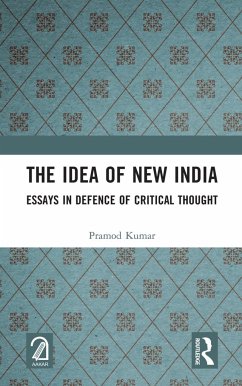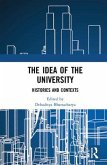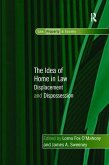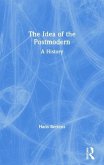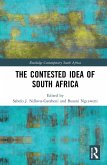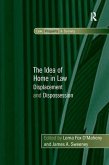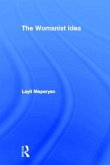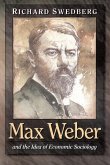The idea of 'New India' has acquired a new currency. The dominant grammar of politics dilutes the critical impulse and deters the expression of alternate politics. The interpretive possibilities have been replaced by a reactive exchange. Technology is presented as a panacea, rather than just a facilitator. Legitimacy and normative dignity for these ideas is acquired by redefining the role of the institutions and also through constitutional amendments. A major intellectual effort is required to reformulate public policy, governance systems and social relations to balance the opposite claims of market efficiency and economic growth with social equity and justice. This book is co-published with Aakar Books, New Delhi. Taylor & Francis does not sell or distribute the print versions of this book in India, Pakistan, Nepal, Bhutan, Bangladesh and Sri Lanka.
Hinweis: Dieser Artikel kann nur an eine deutsche Lieferadresse ausgeliefert werden.
Hinweis: Dieser Artikel kann nur an eine deutsche Lieferadresse ausgeliefert werden.

